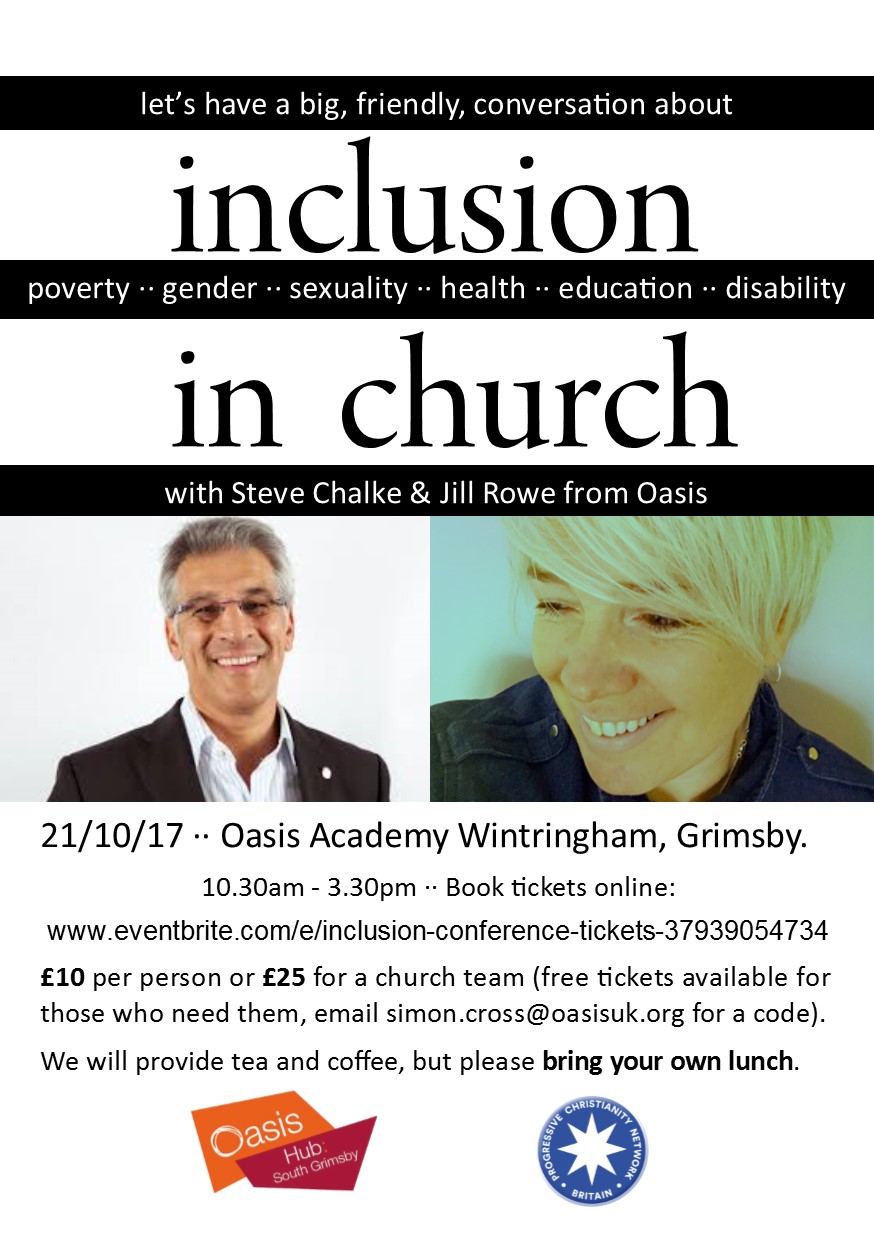
At the end of 2018 I did a small survey of some people who regularly read the stuff that I write. One of the things I asked was – ‘what can I improve on?’ I got a number of answers, including: “get better at grammar”, but it also became clear that some people wanted to read more on some of the more complex topics that I write about.
I usually write short articles, blog pieces are never more than a few hundred words, and my daily emails are only three paragraphs. So yes, there is room for me to write some more lengthy articles.
I’ve had a good think about how best to do this, and I’ve come up with a new project: ‘longform‘. Basically I’m going to write a longish article each month, in the region of 2000 – 3000 words. And that will allow me to go into a little more depth on some interesting topics.
I’m a journalist by background, as you may already know, but I’m also working on a PhD, so these articles are likely to be a mixture of essays and articles, with maybe an interview or two thrown in.
As usual with my work, it will be free to access. But something else that was made clear to me last year is that some people want to contribute, now and then, towards the work that I do. Which is nice. So there is a button for you to donate, if you wish to, when you download an article. Or if you prefer, you can pay a small monthly subscription, and I’ll send you the article by email.
The longform project will kick off on January 26th, with an essay giving a political take on an interesting Bible story, it’s called “Swine Flew: the curious case of the Gerasene Demoniac“. I can’t promise perfect grammar, but I’ll try.
 Some people think that reading the Bible is all about learning ‘spiritual’ lessons. When we use words like spiritual, it’s difficult, because we don’t always share clear definitions. So what you and I are meaning when we say a word like that, may be two rather different concepts.
Some people think that reading the Bible is all about learning ‘spiritual’ lessons. When we use words like spiritual, it’s difficult, because we don’t always share clear definitions. So what you and I are meaning when we say a word like that, may be two rather different concepts.